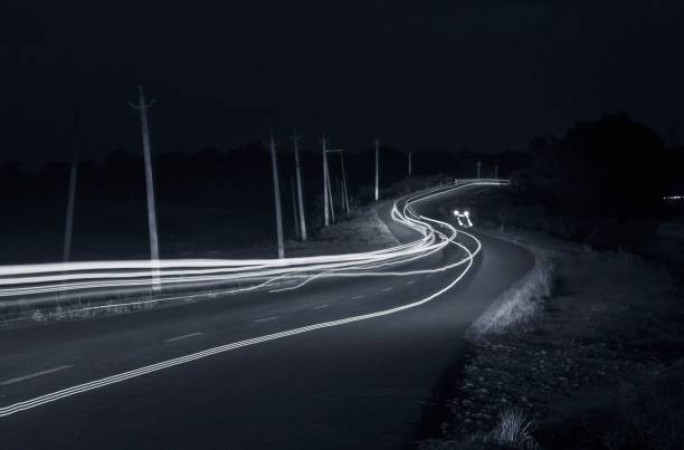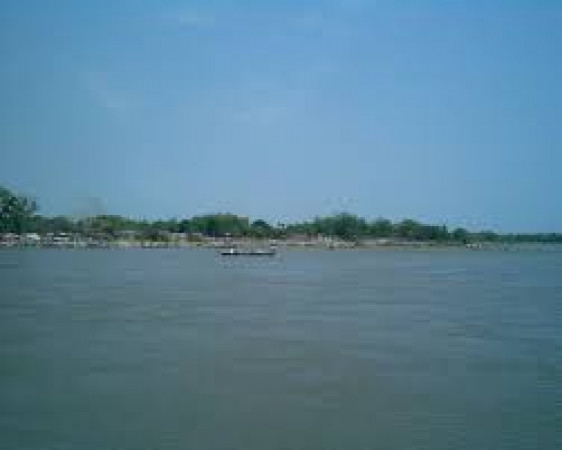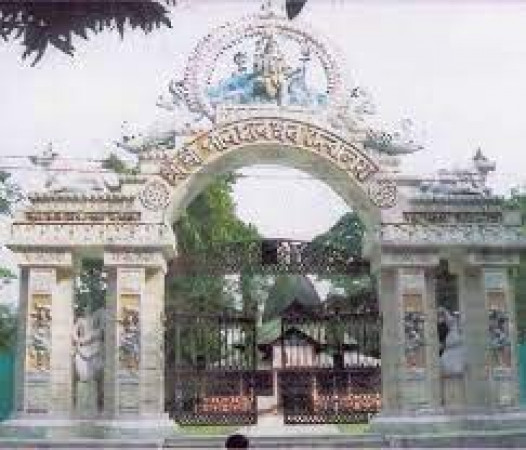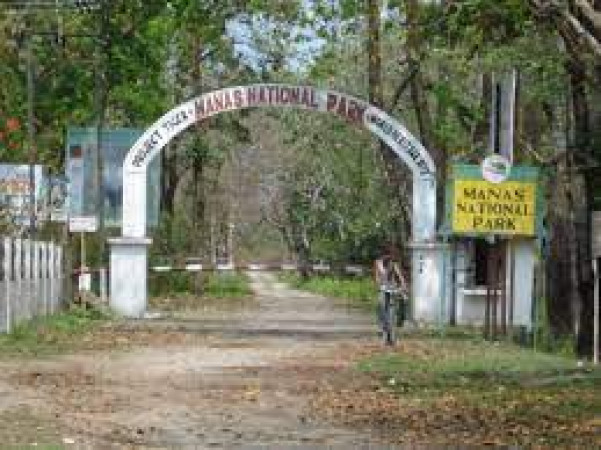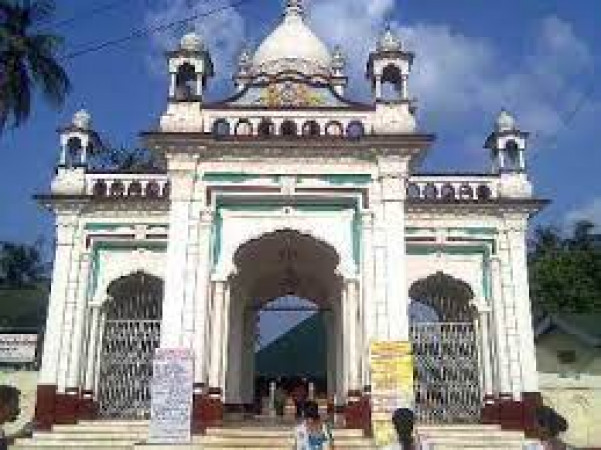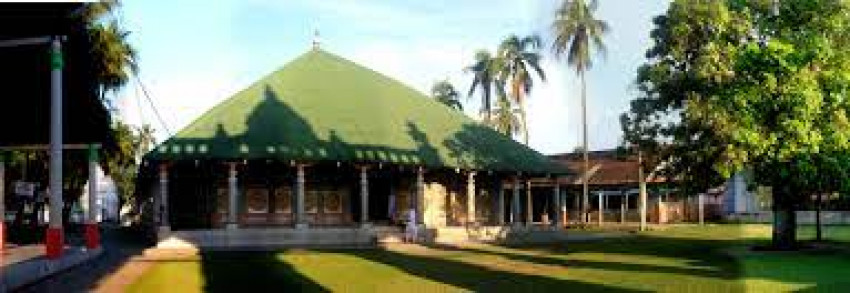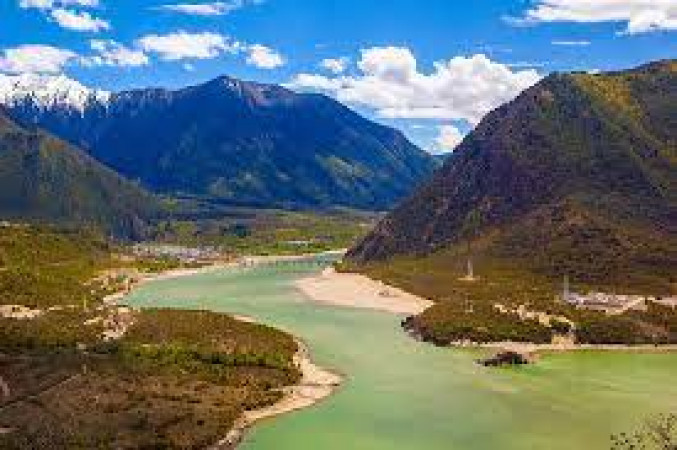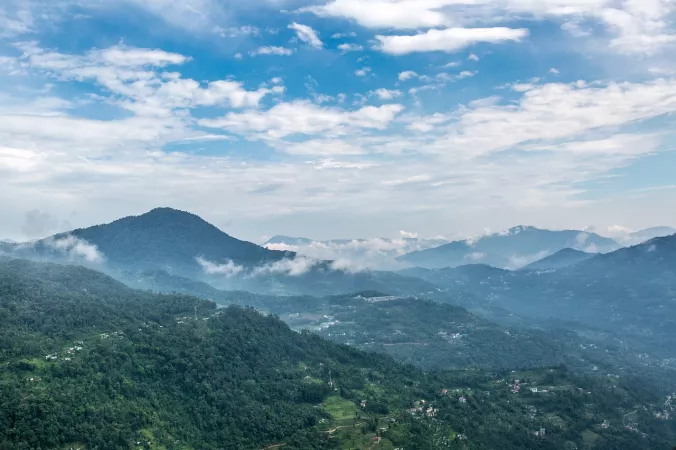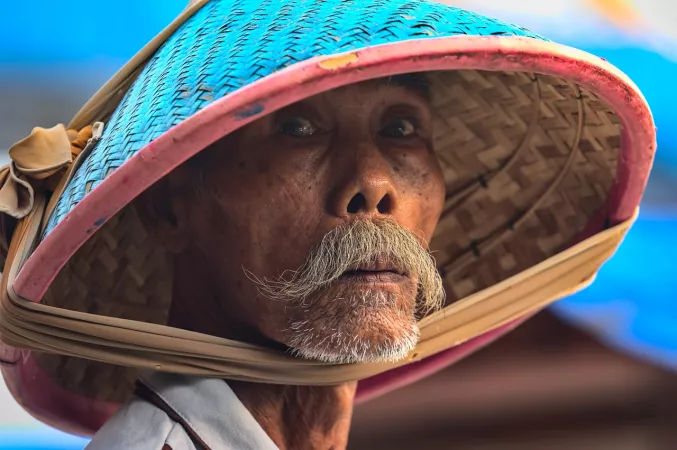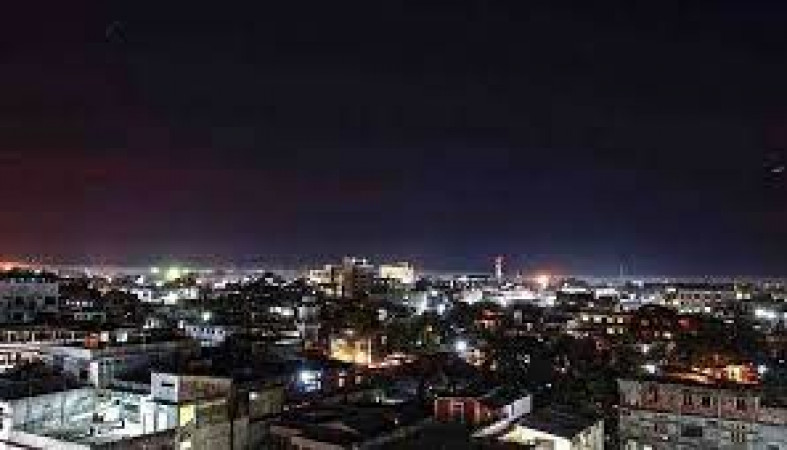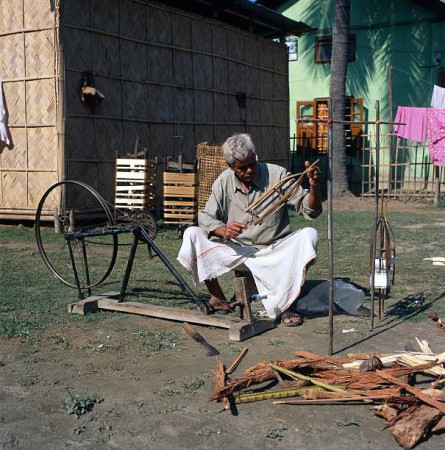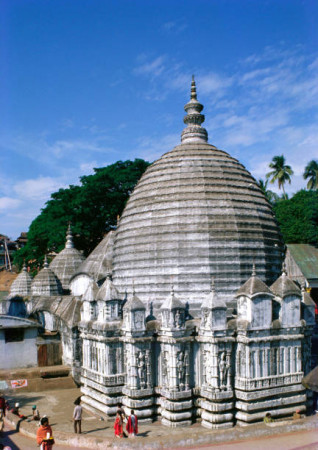Barpeta Travel Guide
Barpeta, located in the state of Assam in India, is a town with deep historical and cultural significance. Known for its beautiful landscapes, rich heritage, and vibrant traditions, Barpeta attracts tourists from far and wide. The town is famous for its ancient temples, serene rivers, and traditional dance forms that showcase the essence of Assamese culture.Top Attractions in Barpeta
- Barpeta Satra
- Manas National Park
- Chakrashila Wildlife Sanctuary
- Barpeta Road
Barpeta is Famous for
Barpeta is most famous for its historical Barpeta Satra, a Vaishnavite monastery that holds great religious and cultural significance in Assam.Top Attractions in Barpeta
- Explore the ancient Barpeta Satra
- Witness the wildlife at Manas National Park
- Enjoy a safari at Chakrashila Wildlife Sanctuary
- Visit the scenic Barpeta Road
What's Great about Travelling to Barpeta?
- Experience the rich cultural heritage of Assam
- Explore the untouched natural beauty of the region
- Opportunity to witness traditional Assamese dance forms
What's Not So Great about Travelling to Barpeta?
- Limited accommodation options for tourists
- Language barrier for non-Assamese speakers
- Limited public transportation within the town
Travel Tips for Barpeta
- Check visa requirements for international travelers
- Prefer hiring a local guide for better exploration
- Respect the local customs and traditions
Important Barpeta trip information
- Ideal Duration: 2-3 days to explore the major attractions
- Best Time to Visit: October to March for pleasant weather
- Nearby Airports and Railway Stations: Lokpriya Gopinath Bordoloi International Airport in Guwahati and Barpeta Road Railway Station
This comprehensive travel guide provides valuable insights for anyone planning a trip to Barpeta, ensuring a memorable and enjoyable experience in this culturally rich town.
Top 6 Places to visit in Barpeta
FAQ's on Barpeta
Q1: What is the best time to visit Barpeta?
The best time to visit Barpeta is during the winter months from November to February when the weather is pleasant and ideal for exploring the city. This period also coincides with various festivals and cultural events, providing a vibrant experience for tourists.
Q2: Do I need a visa to travel to Barpeta?
Tourists traveling to Barpeta typically require a visa to enter the country. However, it is advisable to check with the local embassy or consulate for specific visa requirements based on your nationality. Some exceptions may apply for certain countries, and it's important to ensure proper documentation before traveling.
Q3: What are the must-visit attractions in Barpeta?
Barpeta offers a rich cultural experience with attractions like Barpeta Satra, Manas National Park, and the Pari Hareswar Devalaya. Visitors should also explore the traditional craft markets and enjoy the serene beauty of the Barpeta Lake.
Q4: Is Barpeta a safe place to travel?
Barpeta is generally a safe destination for travelers. While the city is considered safe, it is recommended to exercise caution in crowded areas and be mindful of your belongings. It's advisable to stay informed about local news and adhere to any travel advisories.
Q5: What is the local currency in Barpeta and can I use credit cards?
The local currency in Barpeta is the Indian Rupee (INR). ATMs are widely available in the city, and major establishments accept credit cards. However, it's recommended to carry some cash for smaller vendors and local markets.
Q6: What is the local cuisine like in Barpeta?
Barpeta offers a delicious array of Assamese cuisine, including dishes like Masor Tenga (sour fish curry), Aloo Pitika (mashed potatoes), and Khar (alkaline preparation). Vegetarian and non-vegetarian options are available, catering to various dietary preferences.
Q7: What transportation options are available in Barpeta?
Transportation options in Barpeta include public buses, auto-rickshaws, and cycle rickshaws for local travel. Taxis and rental cars are also available for longer journeys. Exploring the city on foot is a great way to experience the local culture.
Q8: Are there any cultural norms or etiquette I should be aware of when visiting Barpeta?
Travelers visiting Barpeta should dress modestly and respect local customs. It is customary to remove your shoes before entering religious sites and to seek permission before taking photographs of people. Greeting others with a Namaskar (folded hands) is considered polite. Respect for elders and traditional values is highly appreciated in the local culture.
Q9: I am a travel agent. How can I buy travel leads of Barpeta?
Register yourself as a travel agent at agents.tripclap.com and then you can buy travel leads to Barpeta once your account is approved. For more details contact our support team at +91-8069186564 or support@tripclap.com
